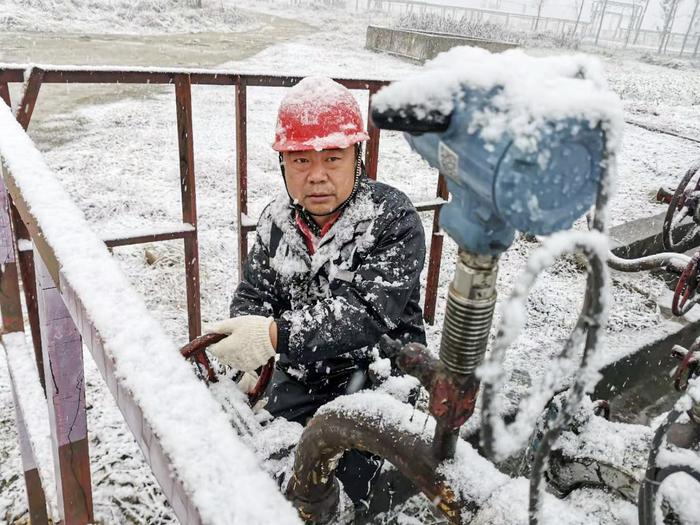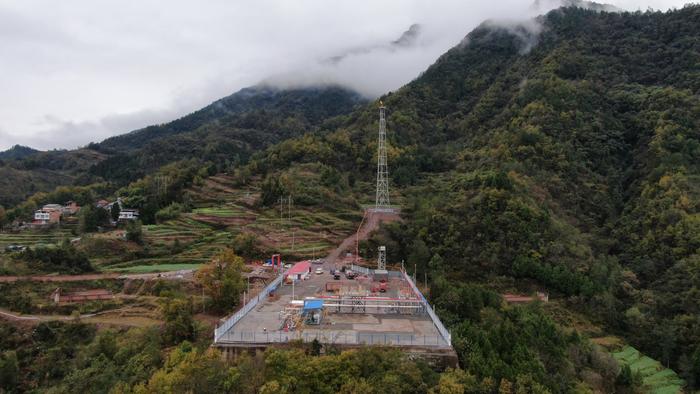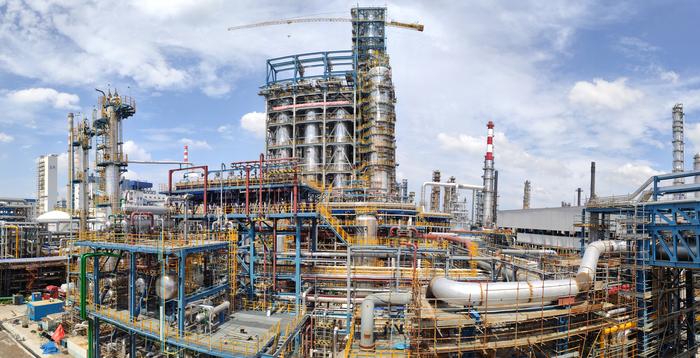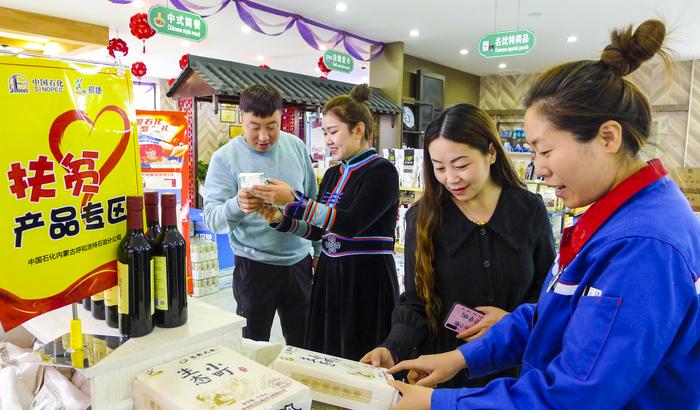|
| 2020-11-24 来源: 中国石化新闻网 |
| 石化新闻 |
中国石化新闻网讯 据油气工程11月19日消息称,COVID-19继续在全球肆虐,严重损害全球和地区经济增长。因此,东南亚塑料行业的企业被迫削减2020年的资本支出,作为在危机期间维持的一项措施。 它们甚至被迫对某些业务支出计划进行合理化调整,包括减少非必要支出和推迟某些扩张项目,以减轻COVID-19的影响。GlobalData表示,这些项目的最终进展可能取决于需求动态和经济复苏的步伐。 GlobalData的石油和天然气分析师Dayanand Kharade评论道:“石化企业的经营者关注战略需求,并相应地调整了项目时间表。公司倾向于尽可能地推迟项目执行或推迟财务投资决策。虽然有必要,但这些延迟可能会影响企业的盈利能力,延长企业实现盈亏平衡所需的时间。” 聚合物产能的增加主要集中在印度尼西亚,主要针对不断增长的国内需求并减少对进口的依赖。印度尼西亚、文莱和泰国即将到来的大多数产能都处于发展的初期,鉴于当前的经济形势,这些产能可能会推迟。但是,处于发展最后阶段的项目可能会继续前进,尽管由于COVID-19会产生短期影响。 Kharade总结道:“随着建筑、汽车等领域的需求减弱,东南亚的聚合物需求预计将在2020年下降。然而,包装、快速消费品和医疗保健领域的需求不断增长,帮助维持了聚合物市场的增长。随着主要封锁的解除和该地区商业活动的改善,聚合物的需求预计将在2020年底回升,并可能在2021年起保持增长态势。” 曹海斌 摘译自 油气工程 原文如下: GlobalData: pace of economic recovery and demand dynamics to determine Southeast Asian plastics industry growth COVID-19 continues to wreak havoc across the globe causing severe damage to the growth of the global and regional economies. Consequently, the Southeast Asian companies in the plastics industry have been forced to downsize their CAPEX for 2020 as a measure to sustain during the crisis. They are even compelled to undertake rationalisation of certain operational expenditure plans including reduction of non-essential expenses and deferment of certain expansion projects to mitigate the impact of the pandemic. The eventual progress of these projects may depend on the demand dynamics and pace of economic recovery, says GlobalData. Dayanand Kharade, Oil and Gas Analyst at GlobalData, comments: “Operators of the petrochemical companies focus on strategic imperatives and reschedule their project timelines accordingly. Companies tend to delay project execution or postpone financial investment decisions (FIDs) wherever possible.These delays, although necessary, could impact the profitability of companies extending the time taken for them to break-even.” Polymer capacity additions are largely concentrated in Indonesia, targeting the growing domestic demand and to reduce the dependence on imports. Most of the upcoming capacity in Indonesia, Brunei and Thailand are under the initial stages of development that might get delayed given the current economic scenario. However, projects which are in the final stages of development are likely to move ahead, albeit with short-term impact due to the pandemic. Kharade concludes: “Southeast Asia’s polymers demand is expected to decline in 2020, with the weakening demand from segments such as construction, automotive, etc. However, increasing demand from packaging, FMCG, and healthcare segments have helped sustain the growth of the polymers market. With the expected lifting of major lockdowns and improvements in the business activities across the region, the demand for polymers is expected to pick-up during the end of 2020 and likely to maintain the growth patterns from 2021.” |








